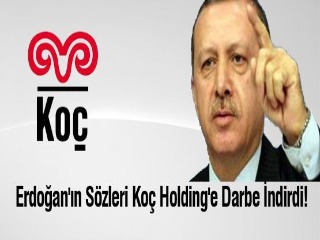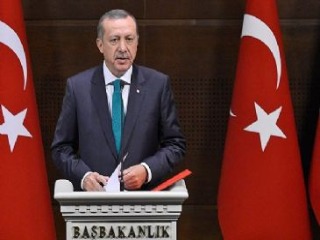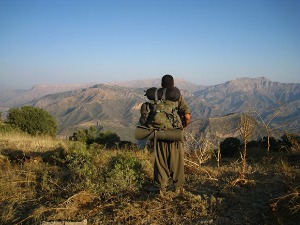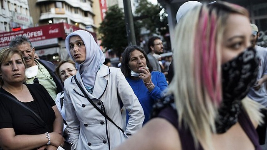Revolution and Counter-Revolution: Kemalism, the AKP and Turkey at 90
By Gareth Jenkins (vol. 6, no. 20 of the Turkey Analyst)
Ninety years after its foundation on October 29, 1923, the Turkish Republic is already radically different to how its founder, Mustafa Kemal Atatürk (1881-1938), intended. More change seems inevitable. Since it first took office in November 2002, the Justice and Development Party (AKP) has gradually dismantled Atatürk’s ideological legacy. In its place, the AKP has introduced not a pluralistic democracy but a new form of authoritarianism.

Erdogan versus Koç Holding: Turkey's New Witch Hunt
By Svante E. Cornell (vol. 6, no. 18 of the Turkey Analyst)
Following the Taksim square protests, Prime Minister Erdogan has instigated a witch hunt targeting the country’s largest industrial conglomerate, the Koç Group. Since the Koç Group-owned Divan hotel allowed a crowd fleeing tear gas fired by the police to take refuge in the hotel, the conglomerate has seen an unprecedented army of financial inspectors descend on its companies in the energy sector, saw the cancellation of a tender to construct warships for the Turkish navy, and had a lawsuit filed against for abetting the military intervention in 1997. This attack on a group responsible for a tenth of Turkey’s GDP is not only further evidence of Erdogan’s authoritarianism, but also dangerous for Turkey’s economic development. Coming at a time of uncertainty over the economic prospects of large emerging markets like Turkey, punitive action against the Koç Group would be taken very seriously by international markets.

The Democratization Package and Erdoğan's Hall of Mirrors
By Gareth Jenkins (vol. 6, no. 18 of the Turkey Analyst)
On September 30, 2013, Turkish Prime Minister Recep Tayyip Erdoğan announced what he termed a “democratization package” of proposed legislative amendments. Yet not only does the package fail to address the key components of Turkey’s growing democratic deficit but it has reinforced concerns about Erdoğan’s increasingly autocratic authoritarianism.

One Step from the Brink: Turkey's Kurdish Peace Process Edges Closer to Collapse
By Gareth H. Jenkins (vol. 6, no. 16 of the Turkey Analyst)
On September 9, 2013, the Kurdistan Workers’ Party (PKK) announced that it had halted the phased withdrawal of its militants from Turkey but would continue with its temporary ceasefire in order to give the Turkish government a last opportunity to meets its demands for greater rights for the country’s Kurdish minority.

Could Class Dynamics Bring Back Moderation to Turkey?
by Halil M. Karaveli (vol. 6, no. 15 of the Turkey Analyst)
Recep Tayyip Erdoğan’s resurrection of the ideological militancy of a bygone era is not a recipe for political success. The class dynamics that once brought about the moderation of the Turkish Islamic movement are even stronger today. Differences of culture and life style still separate the two middle classes of Turkey, the religiously conservative Anatolian bourgeoisie and the secular bourgeoisie. Yet, Turkey’s political future will likely be shaped by their synergy, indeed alliance. It is reasonable to expect that the material interests of the combined bourgeoisie will revive political moderation.




